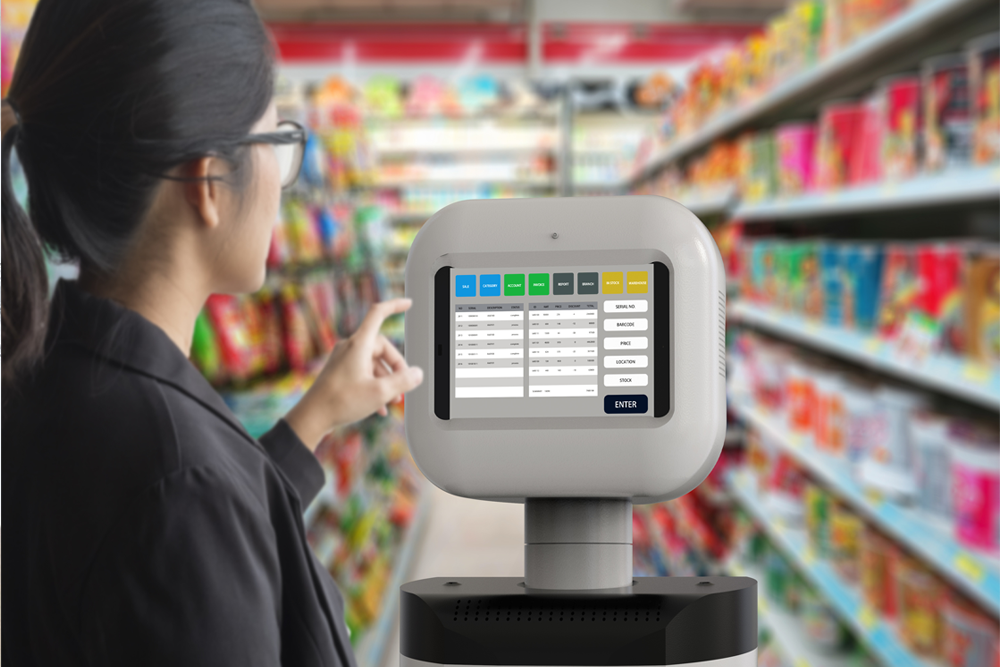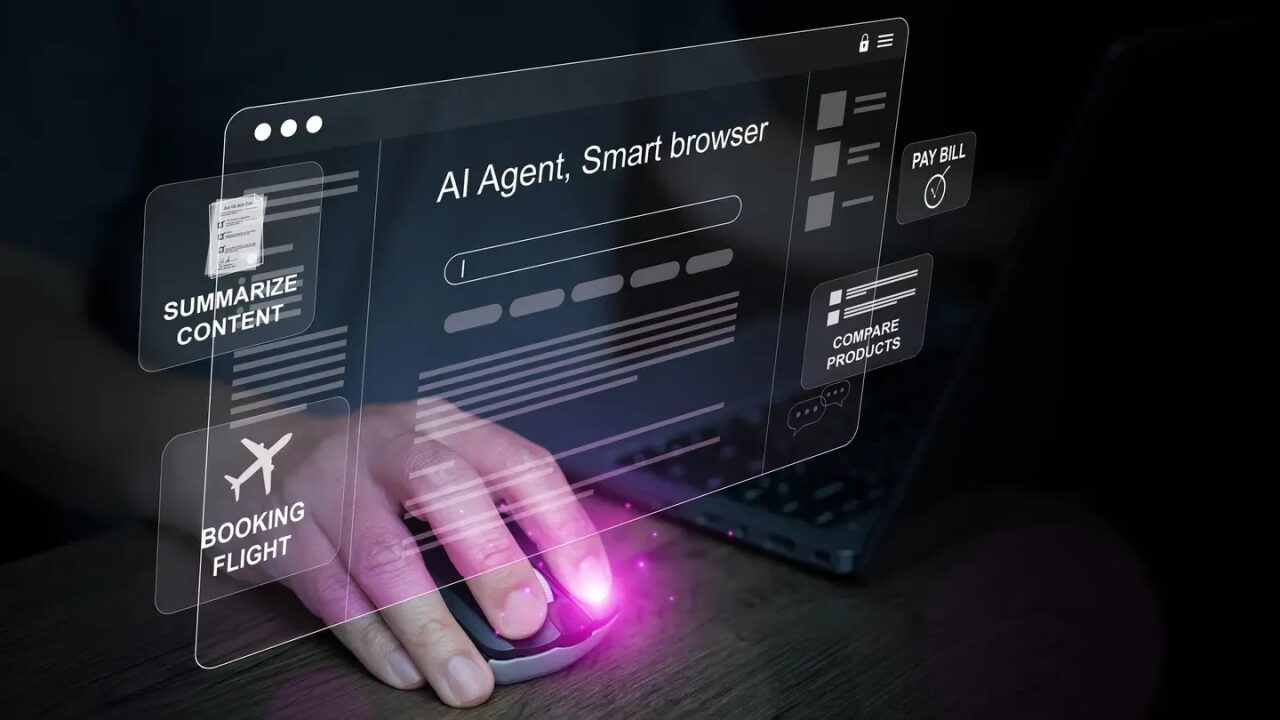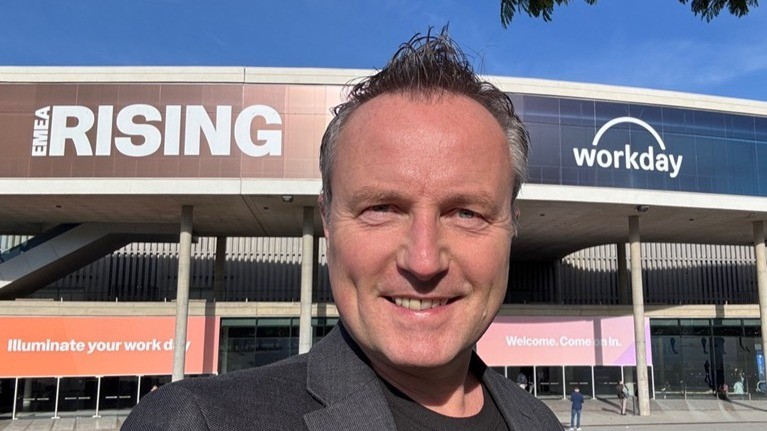The Fascinating Ways Warby Parker Uses Artificial Intelligence And AR To Change Retail
2 July 2021
Since its launch in 2010, Warby Parker has always had lofty objectives. From offering designer eyewear at accessible prices to distributing a pair of glasses to someone in need for every pair of glasses sold, the company has been a disruptor and is now valued at more than a billion dollars. To stay ahead of the competition, it uses the latest artificial intelligence and augmented reality technology to provide customers with an extraordinary experience.

From Home Try-On to High-Tech
One way that Warby Parker revolutionised the optical industry was through its Home Try-On programme where customers select several frames online to be shipped to them so they could try them on at home for five days. Their new solution for trying on frames leverages the camera capabilities of the iPhone X. Warby Parker introduced Virtual Try-On that allows you to try on virtual frames through augmented reality, a technology that overlays computer-generated images (frames) onto real-world images (your face). The app uses Apple’s Face ID that uses 30,000 invisible dots and an infrared image to create a map of a customer’s face. With the specific details of your face tracked, the tool can recommend frames best suited for your face. This enhances the experience of the previous digital try-on system because it gives a 3-D preview of your faces and uses augmented reality to place the frames.
Artificial Intelligence Supports Warby Parker’s Customer Journey
Another way Warby Parker utilises artificial intelligence to exceed customer expectations is in the way they nurture client relationships and communicate with customers who visit their website. The company uses some of the latest marketing techniques to engage with customers who browsed their site and then left without purchasing. By using personalization to address communications that are specific to each customer’s interests and where they’re at in the customer journey, Warby Parker is making it easier for customers to find what they want. With language that conveys the company’s personality, every communication is a chance for Warby Parker to further engage the customer. In order to achieve the level of personalization and scale required for Warby Parker’s business communications, AI algorithms are relied upon.
AI Helps Retailers Respond to Changing Customer Needs
Customers are demanding something different from retailers. Artificial intelligence can help deliver what they want. So, while there has been much discussion about the demise of retail and specifically brick-and-mortar stores, some particularly prescience companies such as Amazon and Warby Parker are opening brick-and-mortar locations to complement their online services and products. Rest assured that these two industry disruptors aren’t opening traditional storefronts, but have modernised the shopping experience with the help of artificial intelligence. As a complement to the store’s employees, artificial intelligence can provide answers to customer queries when the store’s employees don’t have the answer. This reduces any wait time for store personnel to connect to company headquarters and minimises frustration by being told: “I don’t know.”
Personalization is also a valuable service AI can provide for the in-store experience. Recommendations and options powered by artificial intelligence can be geared toward specific locations and can even connect the customer’s online and in-store experience. The result is an extraordinary customer experience that makes customers a raving fan of the brand. The more retailers can use artificial intelligence to arm their employees with information, the better they are equipped to give the customer who demands convenience and instant gratification what they want.
Warby Parker opened its first store in New York in 2013, and by the end of 2018, they had more than 85 stores open across the United States. Rather than an either/or scenario, Warby Parker is testing how best to approach retail expansion as an intersection between online and offline. They have tested stores on wheels, pop-up shops and more to find the sweet spot to reach customers. Since companies such as Warby Parker are digitally native, they understand their supply chain and sell their own goods. Ultimately, they want to get the products into the hands of consumers when they want it and how they want it.
As retail continues to evolve, expect that Warby Parker will continue to be on the leading edge of innovation.
Related Articles
A Beginner’s Guide To Building AI Agents
By now, “smart” versions exist of just about every home appliance, gadget and gizmos we can think of. However, manufacturers continue[...]
5 Business Trends Every Company Must Prepare for in 2026
By now, “smart” versions exist of just about every home appliance, gadget and gizmos we can think of. However, manufacturers continue[...]
The Quantum Revolution Is Here, And It’s About More Than Just Computing
By now, “smart” versions exist of just about every home appliance, gadget and gizmos we can think of. However, manufacturers continue[...]
AI Browser Agents Radically Transform How We Use The Internet
By now, “smart” versions exist of just about every home appliance, gadget and gizmos we can think of. However, manufacturers continue[...]
The 6 Defining Manufacturing Trends Of 2026
By now, “smart” versions exist of just about every home appliance, gadget and gizmos we can think of. However, manufacturers continue[...]
Enterprise AI Meets The Digital Labor Economy: My Highlights From Workday Rising EMEA
By now, “smart” versions exist of just about every home appliance, gadget and gizmos we can think of. However, manufacturers continue[...]
Sign up to Stay in Touch!
Bernard Marr is a world-renowned futurist, influencer and thought leader in the fields of business and technology, with a passion for using technology for the good of humanity.
He is a best-selling author of over 20 books, writes a regular column for Forbes and advises and coaches many of the world’s best-known organisations.
He has a combined following of 4 million people across his social media channels and newsletters and was ranked by LinkedIn as one of the top 5 business influencers in the world.
Bernard’s latest book is ‘Generative AI in Practice’.










Social Media